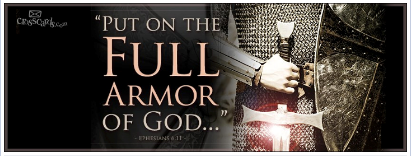GREAT IS THY FAITHFULNESS
365 DEVOTIONS FROM OUR DAILY BREAD
OUR CHANGING WORLD
Read: Psalm 102:25-27
I am the Lord, I do not change. Malachi 3:6
Change is one thing we can be sure of in this life. Our relationships change as we move to new places, experience illness, and ultimately face death. Even the cells in our bodies are alway in the process of change. When cells wear out most are replaced by new ones. This is especially noticeable with our skin-we shed and regrow outer skin cells about very twenty-seven days.
Yes, change is the one certainty in our world. Henry Lyte’s melancholy line in his hymn “Abide with Me” is true: “Change and decay in all around I see.” But the hymn immediately adds, “O Thou who changes not, abide with me!”
By faith in Jesus Christ we can have a relationship with the unchanging God, who says of himself in Malachi 3:6, “I am the Lord, I do not change.” We can depend on God to be the same forever, as the psalmist says (Psalm 102:27). Hebrews 13:8 adds this reassuring testimony: “Jesus Christ is the same yesterday, today, and forever.” He is our firm foundation, who can give us confidence and security in this changing world.
We creatures, caught up in the swirling tide of time, can rest our souls on the everlasting arms, which will never let us go. VCG
Swift to its close ebbs out life’s little day,
Earth’s joys grow dim, its glories pass away;
Change and decay in all around I see-
O Thous who changes not, abide with me! -Lyte
To face life’s changes, look to the unchanging God.
